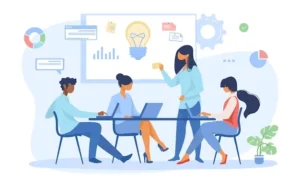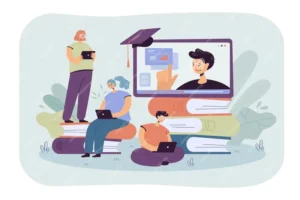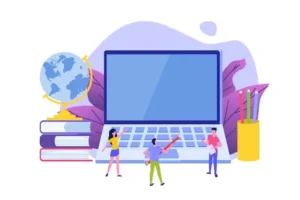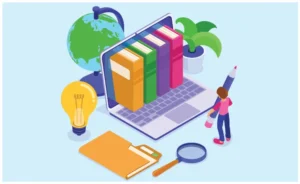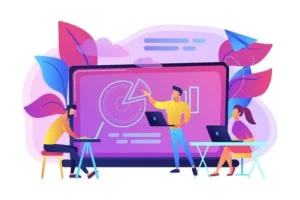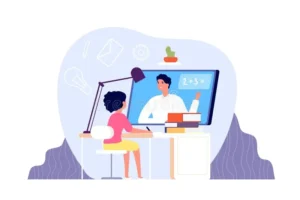The Power of Social Interaction for Online Education Success

In the realm of online education, social interaction plays a pivotal role in shaping the learning experience. Gone are the days when education was confined to traditional brick-and-mortar classrooms. Today, learners across the globe are embracing the digital landscape, and social interaction is emerging as a driving force behind their success. This article delves into the transformative power of social interaction for achieving academic excellence in online education.
Contents
The Foundation of Social Interaction
- Creating a Sense of Belonging:
- Online learners often grapple with a sense of isolation due to the absence of physical classroom settings.
- Social interaction helps bridge this gap by fostering a sense of belonging to a learning community.
- Enhancing Motivation:
- Engaging with peers and instructors through virtual platforms fuels motivation.
- Learners who actively participate in discussions and collaborations are more likely to stay committed to their studies.
- Stimulating Critical Thinking:
- Social interaction prompts learners to question, analyze, and evaluate ideas.
- Diverse perspectives within a virtual community lead to deeper and more comprehensive understanding.
- Supporting Emotional Well-being:
- Educational journeys can be challenging, and learners may face hurdles along the way.
- Social interaction offers emotional support, helping learners cope with difficulties and stay on track.
- Customizing Learning Experiences:
- Through social interaction, educators can tailor content and resources to cater to individual learning preferences.
- Personalized learning paths improve comprehension and retention.
The Impact of Social Interaction
- Effective Communication:
- Online platforms facilitate instant communication, transcending geographical barriers.
- Learners can engage in discussions, seek clarification, and collaborate on projects seamlessly.
- Global Diversity:
- Virtual communities bring together individuals from diverse backgrounds, cultures, and perspectives.
- Exposure to varied viewpoints enriches the learning experience and broadens horizons.
- Learning Beyond Boundaries:
- Social interaction enables 24/7 access to educational resources and discussions.
- This flexibility accommodates learners with varying schedules and commitments.
- Professional Networking:
- Virtual communities often lead to valuable professional connections.
- Alumni networks and industry-specific groups provide opportunities for career growth and development.
- Digital Literacy:
- Engaging in virtual communities equips learners with digital literacy and effective online communication skills.
- These skills are increasingly essential in today’s interconnected world.
Strategies for Harnessing the Power of Social Interaction
- Active Participation:
- Learners should actively engage in discussions, ask questions, and provide input.
- Instructors play a crucial role in fostering a culture of active participation.
- Moderation and Etiquette:
- Establish clear guidelines for respectful and constructive discourse within the virtual community.
- Moderators should ensure a positive and inclusive environment.
- Collaborative Tools:
- Implement collaborative tools and platforms that enable group projects, shared documents, and video conferencing.
- Feedback and Recognition:
- Instructors should offer timely feedback on assignments and recognize valuable contributions.
- Celebrate achievements and milestones within the virtual community.
- Support Structures:
- Provide learners with resources for technical support, ensuring smooth interaction within the online environment.
Conclusion
Social interaction has emerged as the linchpin of success in online education. It fosters a sense of community, motivation, and engagement among learners. As the educational landscape continues to evolve, recognizing and nurturing the power of social interaction is essential. Both educators and learners must actively harness this transformative force to unlock the full potential of online education and achieve academic excellence.



